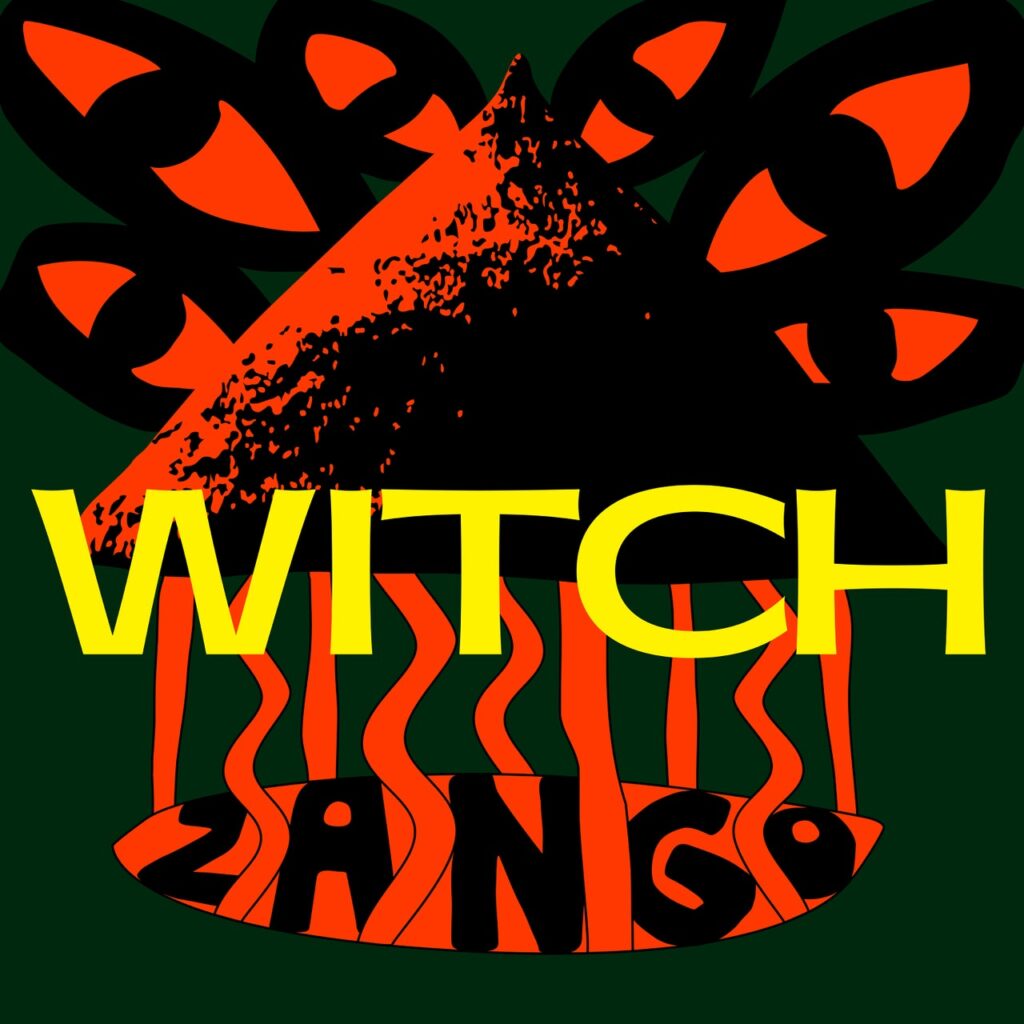On October 24, 1964, the British protectorate of Northern Rhodesia gained independence, ending 75 years of colonization. The newly sovereign African nation renamed itself Zambia, for the Zambezi River that carved its way through the western part of the country. The spirit of liberation was in the air; the booming copper mines offered native Zambians unprecedented economic freedom, which in turn led to a flourishing of culture. Emmanuel Chanda was 13 years old and obsessed with the pop radio stations whose broadcasts reached the mining town of Kitwe, where he and his older brother lived. He adopted the nickname “Jaggery” in tribute to his rock’n’roll hero, later Africanizing it to “Jagari.” By 1972, he would be the frontman of Witch and arguably the biggest rock star in Zambia.
Witch (an acronym for We Intend to Cause Havoc) headlined the thriving local music movement known as Zamrock. The genre blended traditional African rhythms and instrumentation with a host of countercultural influences—psychedelia, hard rock, soul music, funk. (James Brown’s 1970 concerts in Zambia would prove a foundational moment in the genre’s history.) Witch’s 1972 full-length Introduction was the first commercially released Zamrock album, and the band soon became leaders of the burgeoning scene. Those halcyon days wouldn’t last long. The copper market crashed, the AIDS epidemic killed almost everyone who had ever been in the band, and Chanda took up a humble, pious life as a gemstone miner. Now 71, he’s made an improbable return to music with the vibrant, vigorous Zango (“meeting place”). It’s the first new Witch album in almost 40 years.
The seeds of Witch’s resurrection were planted in the early 2010s, when Now-Again Records reissued their ’70s albums and stoked a new wave of interest in Zamrock. We Intend to Cause Havoc, a Searching for Sugar Man-style documentary, followed in 2019. Director Gio Arlotta introduced Chanda to bassist Jacco Gardner and drummer Nico Mauskoviç, both of whom play on Zango. The new band also includes keyboardist Patrick Mwondela, an architect of Witch’s short-lived disco era who never played with Chanda in the group’s first iteration. With its diverse assortment of musicians from across Zambia and Europe, the new version of Witch has a freewheeling, shambolic quality. Zango is accordingly all over the map. Recorded at the same Lusaka studio where the band made much of their iconic ’70s work, the album feels like a late-night Zamrock party, with Chanda and a flock of guest vocalists passing the mic while the band bobs and weaves behind them.
Zango is rooted in classic Zamrock, and it builds on the inherent malleability of the genre’s sound. The band slinks seamlessly between passages of Fela Kuti-style Afrobeat, spacey psych-pop, and stomping, Sabbathian proto-metal. They also fold new sounds into the framework. Hip-hop hadn’t yet reached Africa in the ’70s, but the Zambian rapper Sampa the Great sounds at home trading slithery verses with Chanda on the smoldering “Avalanche of Love.” Soulful guest vocalists Theresa Ng’ambi and Hanna Tembo complement Chanda elsewhere on the record. Their presence serves as a welcome rejoinder to the dearth of women in the original Zamrock scene.
In simultaneously nodding to the Zamrock tradition and updating its sound, Chanda and his bandmates capture the same feeling of possibility that characterized those early Witch records. On Zango’s closing track, “Message from WITCH,” he assumes the same emcee persona he used on “Introduction,” the first song Witch ever recorded. Just as he did in 1972, Chanda introduces his bandmates, only this time, he also sheds light on his intentions with this music: “It unites beliefs/Conquers xenophobia/It laughs at hate speech/Ends sexism/It erases homophobia/Shatters antisemitism/Embraces every race.” Zamrock isn’t stuck in the ’70s. In Witch’s hands, it still sounds like the future.
All products featured on Pitchfork are independently selected by our editors. However, when you buy something through our retail links, we may earn an affiliate commission.

